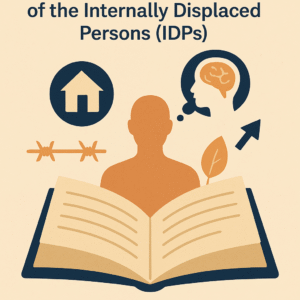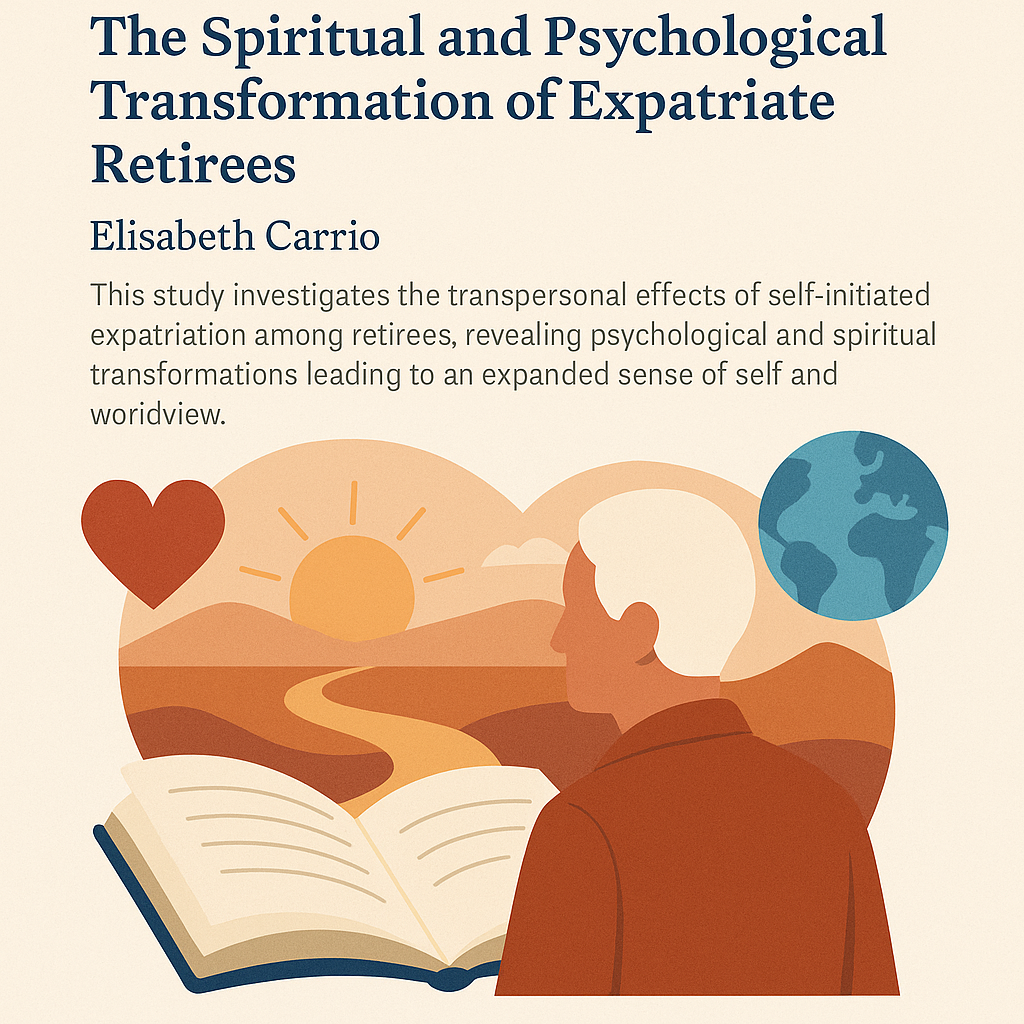Welcome to this space dedicated to my research and explorations in transpersonal psychology.
For more than twenty years, I have been wondering about what drives humans: their behaviors, their values, their resistance, their impulses for transformation.
Here, I share the fruit of my readings, my academic work, my field experiences, but also my intuitions, when scientific rigor meets inner listening.
You will find articles, reading notes, essays and reflections that intersect psychology, spirituality, leadership, consciousness and collective and spiritual intelligence.
My wish: to foster dialogue, raise awareness, and open up perspectives for action.

Life as a Quest for Meaning: Organic Inquiry
All human beings have had difficult or traumatic experiences at some point in their lives. For some religions, this is part of human beings' destiny since they were expelled from paradise after they disobeyed God and ate the fruits of the tree of knowledge or good or evil. Since that tragic moment, the individual must experience bodily suffering. But strangely enough, not everyone has the same capacity to cope with it. Some people are desperate, while others are more resilient. Viktor Frankl taught us that only by understanding the meaning of suffering can we overcome it. This is a position I share. In this essay, I will draw on my personal experience and my embodied practice of traveling to explore what mechanisms of resilience I put in place when facing traumas and how life's challenges can shape a life

Somatic Psychotherapy Approach of the Internally Displaced Persons (IDPs)
Armed conflicts have never stopped in the world and a large part of the globe still experiences armed confrontations today. According to the Armed Conflict Location and Event Data Project (ACLED), the number of battles and violence against civilians has increased again in 2022 compared to 2021. At the end of 2021, the number of people uprooted by war, violence, persecution, and human rights violations stood at 89.3 million, an 8% increase over the previous year and well over double the figure from a decade ago, according to UNHCR's annual Global TrendsReport. As of May 2022, more than 100 million people were uprooted worldwide due to persecution, conflict, violence, human rights violations, or serious disruption of public order. Not only uprooted people lose their bearings, but also their social status, creating immense stress for individuals and their families, including their descendants through memory transmission. This paper is on the contribution of somatic psychology to the traumas inherited from uprooted people at an individual and a collective level.

Transcending Boundaries: The Spiritual and Psychological Transformation of Expatriate Retirees
This study investigated the transpersonal effects of self-initiated expatriation among
retired, an increasingly significant phenomenon in today's globalized world. Tea
research contextualised expatriation within a broader exploration of retirees' pursuit
of a better quality of life, cultural enrichment, and personal growth, situating these
motivations within the existing literature on aging and transpersonal psychology.
Employing organic inquiry, a method that captures deeply personal and transformative
experiences, and looking into the experiences of four expatriate retirees, the study
revealed four key themes: the initial call to expatriation, identity reformation through
cultural immersion, the challenges of cultural integration, and the psychological
rebirth characterized by gerotranscendence. Findings suggest that expatriation in
retirement leads to profound psychological and spiritual transformations, fostering
a redefined sense of self and an expanded worldview. These insights contribute to a
deeper understanding of the psychological and spiritual dimensions of retirement and
aging, challenging traditional narratives and offering new perspectives for scholars,
policymakers, and individuals considering expatriation. The study fills a critical gap
in the literature by providing a nuanced exploration of the personal and transpersonal
consequences of expatriation.
